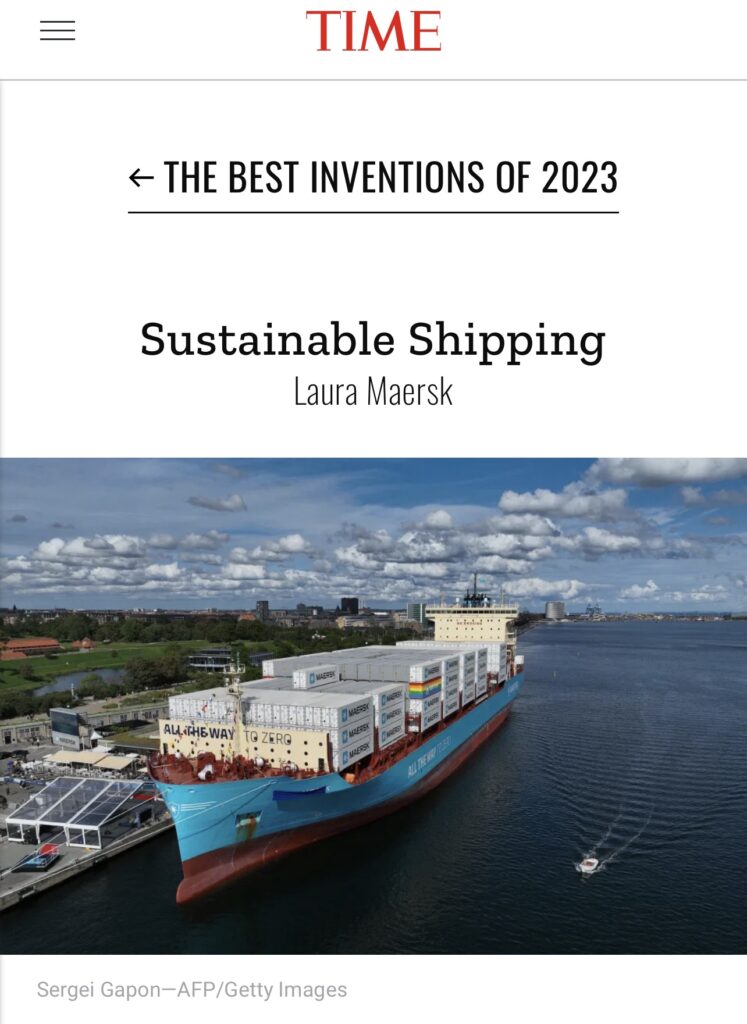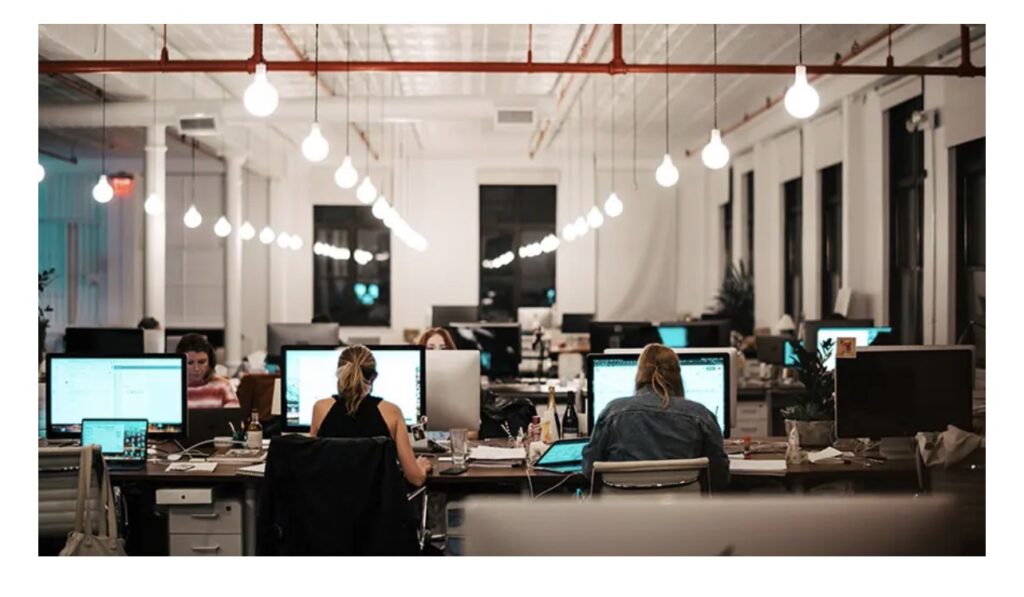The shipping industry annually emits one billion tons of CO2, or over 2% of the world’s total. Combating that problem is the Laura Maersk, the first container ship powered by green methanol (a low-carbon fuel), which made its maiden voyage in September.

The ship was commissioned by Denmark’s Maersk, and manufactured by South Korea’s Hyundai Mipo Dockyard. Maersk already has 100 more such container ships on order, plus green methanol-powered ferries and cruise ships.
Morten Bo Christiansen, head of energy transition for Maersk, says the shipping business has been historically fossil-fuel intensive and resistant to change, but now, “We’re seeing the industry step up to the plate.”
Trade Compliance is becomming the license to play for global trade. However, with a large number of new regulations in major markets on the way, it is time to start looking at compliance as a diffrentiator – an enabler for new opportunities & business growth.

Read this article: https://www.maersk.com/insights/growth/2023/08/09/customs-compliance
5 reasons why digitalising customs can boost your business.
In Maersk we will continue to lead & drive customs digitalisation, capacity building & datadriven advisory decisionmaking to increase speed, predictability & supply chain resilience across borders through digital trade corridors. We will go #AllTheWay.

As my colleague Nicolas Buhmann, Head of Digital & SaaS, Maersk Customs Services. says in the article below:
”Digitalisation can provide new solutions that simplify the way handle customs formalities, so that companies can focus on their core business activities instead”
Nicolas Buhmann, Maersk Customs Services
’The world of customs is very complex with a lot of bureaucratic hurdles, but its digitalisation can provide new solutions that simplify the way handle customs formalities, so that companies can focus on their core business activities instead. Overall, digitalising customs can revolutionise a business reduce the administrative burdens, combat the growing customs complexities and boost the way businesses can use their customs data, in a more organised manner”.
Read more here: https://www.maersk.com/insights/digitalisation/2023/10/17/digital-customs






You must be logged in to post a comment.